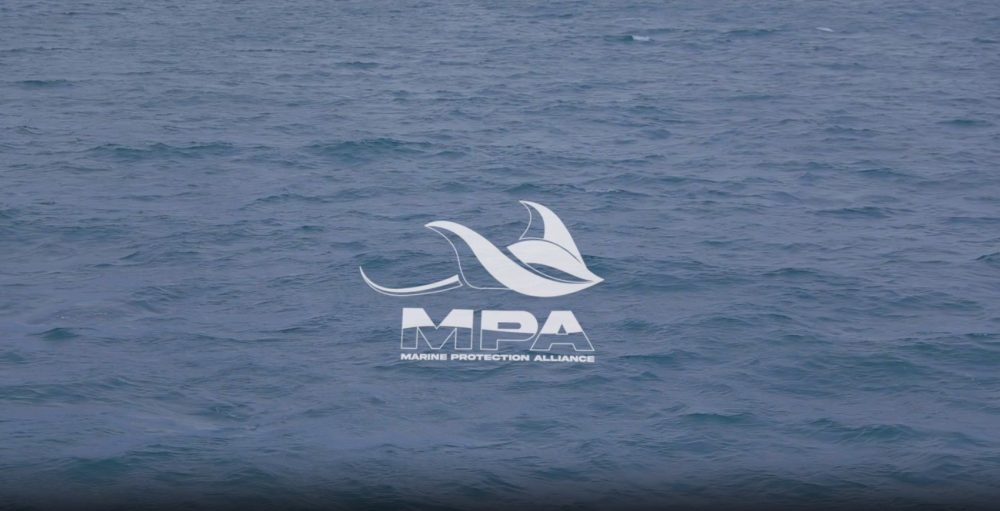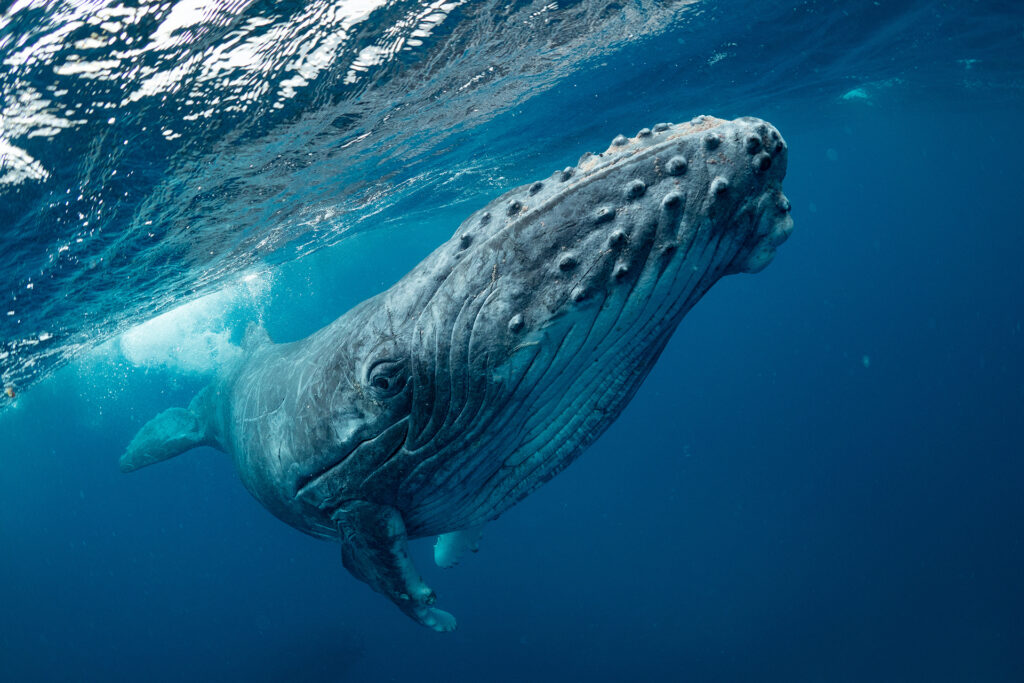MARINE
PROTECTION
ALLIANCE
Local communities, natural heritage, and economy are at risk due to illegal, unreported, and unregulated fishing.
Illegal industrial fishing is a crime that profoundly impacts the daily lives of people as it threatens marine resources, endangers the ecosystem’s life, and jeopardizes the livelihoods of fishermen. It also reduces the availability of fish as food for those who need it the most and devalues it along the production chain.
It encompasses a range of illicit activities, primarily carried out by foreign vessels that fish in territorial waters in violation of international conservation laws or monitoring requirements, without duly informing the competent authorities.
The fight against illegal industrial fishing is crucial to protect marine resources, the ecosystem, and the livelihoods of local fishermen. This necessitates strong cooperation with the competent authorities to enhance surveillance, enforce existing regulations, and promote sustainable fishing. Additionally, raising public awareness about its impact and encouraging responsible practices are essential.
1/3
Sustainability
impact
According to the Food and Agriculture Organization of the United Nations (FAO), approximately 94% of global fish stocks are fully exploited or overexploited. Illegal, unreported, and unregulated fishing poses one of the most significant threats to marine ecosystems, depleting fish stocks and impeding efforts toward sustainable fisheries management. Moreover, this practice endangers the viability of specific fishing activities, pushing them to the verge of collapse.
2/3
Impact
on people
It is estimated that 1 out of every 5 fish caught worldwide comes from illegal industrial fishing. This alarming fact has a global impact, resulting in the loss of billions of dollars for local economies. Legal and artisanal fishermen are adversely affected by the depletion of fish stocks.
Impact
on people
It is estimated that 1 out of every 5 fish caught worldwide comes from illegal industrial fishing. This alarming fact has a global impact, resulting in the loss of billions of dollars for local economies. Legal and artisanal fishermen are adversely affected by the depletion of fish stocks.
3/3
Impact
on the
economy
According to the Food and Agriculture Organization of the United Nations (FAO), illegal industrial fishing is accountable for the annual loss of between 11 and 26 million tons of fish, with an estimated economic value ranging from $10 billion to $23 billion.
THE MISSION
We protect marine areas from illegal, unreported and unregulated fishing and other related criminal activities, assisting and working in close partnership with the pertinent authorities in the cmar region
We offer governments vessels manned by highly trained professionals who are ready to protect the oceans against any threats posed by illegal fishermen. Our operational infrastructure empowers our partners to enhance their capacity to monitor waters, combat illegal industrial fishing, conduct scientific research, and maintain a stronger presence at the boundaries of the Exclusive Economic Zone (EEZ) or Territorial Sea (TS).
Among the actions we undertake are:

Panama is at the forefront of protecting marine areas, actively leveraging international cooperation to enhance surveillance, control, and enforcement capabilities within its jurisdictional waters. These efforts are aimed at safeguarding the diverse and abundant life within its ecosystem.
Panama’s strong commitment to protecting its marine areas is further exemplified by its pledge to support the 30×30 Initiative. This initiative aims to safeguard sites of significant biodiversity importance through the establishment of protected areas and other effective conservation measures. The goal is to cover at least 60% of such sites and ensure the preservation of at least 30% of terrestrial and marine habitats by 2030.
As part of this commitment, the Government of Panama has entered into a partnership with the Marine Protection Alliance through a Memorandum of Understanding. This collaboration aims to enhance the governance of the country’s marine-coastal areas.
From Marine Protection Alliance, we provide support to the National Naval Air Service (SENAN) of Panama to enhance surveillance and monitoring efforts. Our objective is to prevent crimes against natural resources and wildlife within Panama’s marine jurisdictional areas.
Marine Protection Alliance strives to be a trusted ally of local and artisanal fishing communities. Our aim is to protect marine resources from illegal international fishermen, thus ensuring the sustainability and continued prosperity of the local Panamanian fishing economy.
ALLIANCES
PANAMA
We are an NGO with a presence in Panama working with the protection of the CMAR (Marine Conservation Corridor of the Eastern Tropical Pacific), against illegal, unreported and unregulated fishing.
ALLIANCES
PANAMA
We are the first and only NGO with a physical presence in Marine Protected Areas, collaborating with Panama to protect the CMAR (Marine Conservation Corridor of the Eastern Tropical Pacific) against illegal, unreported, and unregulated fishing.

Panama is at the forefront of protecting marine areas, actively leveraging international cooperation to enhance surveillance, control, and enforcement capabilities within its jurisdictional waters. These efforts are aimed at safeguarding the diverse and abundant life within its ecosystem.
Panama’s strong commitment to protecting its marine areas is further exemplified by its pledge to support the 30×30 Initiative. This initiative aims to safeguard sites of significant biodiversity importance through the establishment of protected areas and other effective conservation measures. The goal is to cover at least 60% of such sites and ensure the preservation of at least 30% of terrestrial and marine habitats by 2030.
As part of this commitment, the Government of Panama has entered into a partnership with the Marine Protection Alliance through a Memorandum of Understanding. This collaboration aims to enhance the governance of the country’s marine-coastal areas.
From Marine Protection Alliance, we provide support to the National Naval Air Service (SENAN) of Panama to enhance surveillance and monitoring efforts. Our objective is to prevent crimes against natural resources and wildlife within Panama’s marine jurisdictional areas.
Marine Protection Alliance strives to be a trusted ally of local and artisanal fishing communities. Our aim is to protect marine resources from illegal international fishermen, thus ensuring the sustainability and continued prosperity of the local Panamanian fishing economy.



